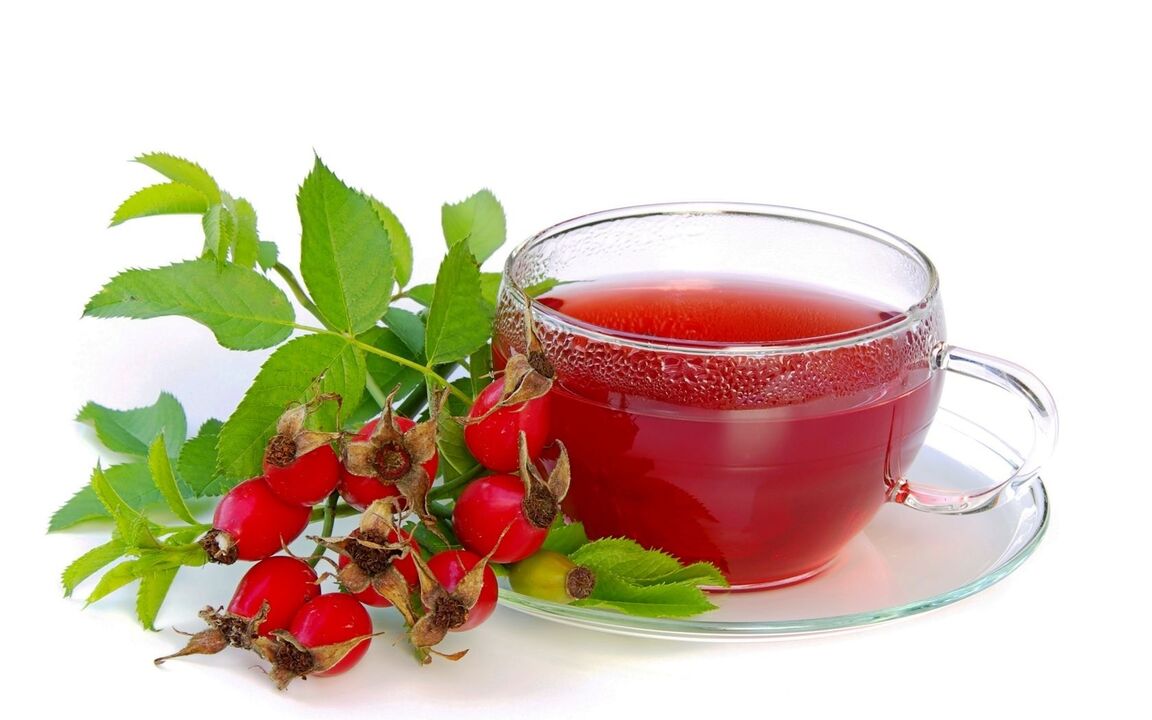It is not possible to cure gout, but it is really possible to alleviate the patient's condition and stop the progression. It can help not only with medication, but also with moderate exercise and diet.
Diet for gout
Alcohol and red meat have the highest concentrations of purines. Gout causes metabolic disorders that cause uric acid to build up in the body and its urate salts to settle in the joints. Therefore, the goal of a gout diet is to reduce blood levels and normalize metabolism. The effect is achieved by excluding from the diet foods rich in purines. When these compounds are broken down, uric acid is formed.
Gout Diet Features
Gout should be partial in order to normalize metabolism. It is recommended to eat at least 4 times a day, at the same time in small portions. But fasting and some large meals rich in purines are contraindicated in gout, as it can exacerbate the disease.
People suffering from this disease should pay attention to fluid intake, as drinking a lot of water promotes better elimination of purines from the body. It is recommended to drink about 1, 5 liters of drink a day. Purified and alkaline mineral water, juices or fruit drinks, milk and weak teas are suitable. A decoction or infusion of wild roses is useful, which copes with the removal of purines and improves kidney function. But it is better to give up strong tea, coffee and alcohol, because they can increase the pain.

The gout menu should have a minimum amount of salt. This is due to the fact that salt can cause urate to settle and accumulate in the body. To avoid this, its daily rate should be reduced to 6 grams.
It is worth restricting the use of animal proteins and fats, easily digestible carbohydrates and foods containing oxalic acid. It is recommended to eat fish and meat no more than 2-3 times a week. They should be used boiled, rarely fried. Fish, mushroom and meat broths should be discarded as most purines are removed during cooking.
Unwanted foods for gout are any legumes and spices. Purine-rich grapes, figs, cranberries, raspberries, mushrooms, cauliflower, offal, canned fish and meat, herring, smoked sausages, spinach, sorrel, chocolate, pastries, cream cakes and peanuts should be excluded from the menu.
The diet for gout should be based on plant foods. All kinds of vegetables will be useful - zucchini, cucumbers, eggplant, potatoes, carrots and white cabbage. Only radishes, peppers, celery, rhubarb and asparagus are worth eating in limited quantities. All of these products can be eaten raw or made into soups, stews, mashed potatoes and decoctions.
Sour milk products are no less useful for gout. Particular attention should be paid to low-fat cheeses and curds and their dishes. It is recommended to include cereals and pasta in the menu.

It is allowed to eat bread in moderation, to a limited extent - baking. Of the meat products, rabbits, turkeys or chickens should be preferred. You can safely eat fruit, berries and honey. The gout menu should include shrimp, squid, nuts and eggs. Sometimes you can eat sweets. Chocolate-free sweets, meringues, milk milks and creams, marshmallows, marshmallows, dried fruit, marmalade and jam are allowed. Good for gout olive and linseed oil, butter and vegetable oils are also allowed to be added to food.
Exacerbation of the disease may occur if you do not follow the diet rules for gout and drink alcohol. The body must ensure maximum unloading. It is recommended to organize a fasting day. It is necessary to drink only juice or mineral water in large quantities. You can follow a diet for no more than a day, then you should switch to a normal diet in case of gout. It is useful to spend fasting days and prevent exacerbations. They may be less harsh and the menu includes fermented dairy products, fruits, berries, vegetables and juices.
















































































